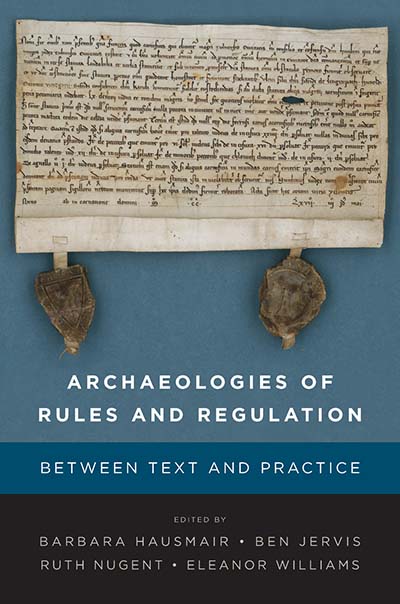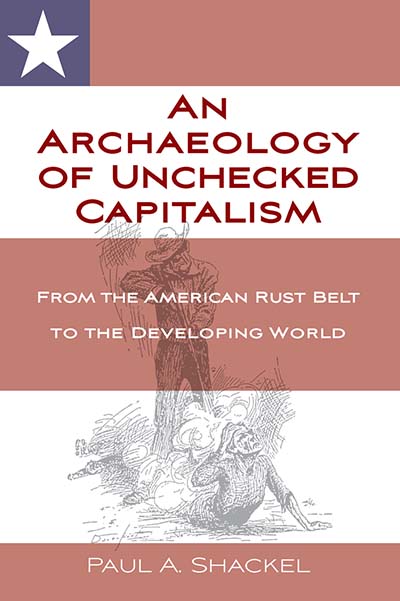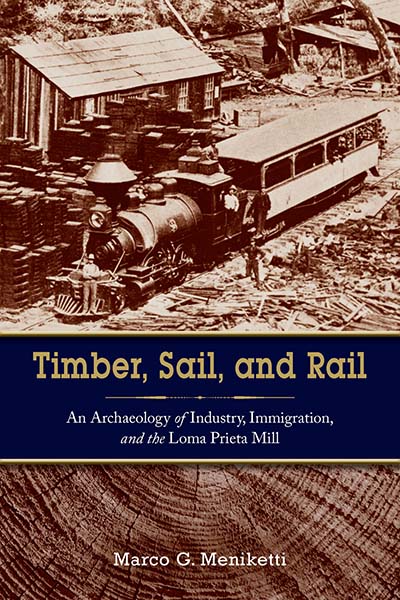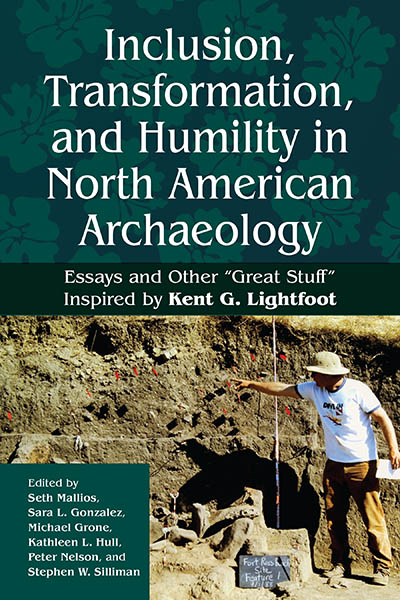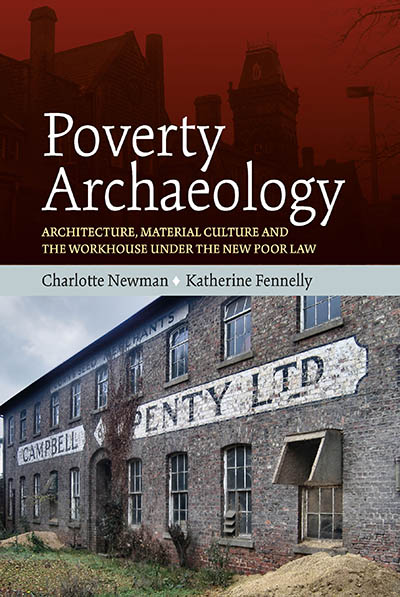
Email Newsletters
Sign up for our email newsletters to get customized updates on new Berghahn publications.
Poverty Archaeology
Architecture, Material Culture and the Workhouse under the New Poor Law
Charlotte Newman and Katherine Fennelly
174 pages, 24 illus., bibliog., index
ISBN 978-1-80539-109-8 $120.00/£92.00 / Hb / Published (October 2023)
eISBN 978-1-80539-377-1 eBook
Reviews
“This is an excellent and fascinating examination of how archaeology can inform the study of poverty in nineteenth century England. The work takes as its focus the exploration of workhouses and how the analysis of the built material culture can aid our understanding of them. It exemplifies the value of using detailed case studies to interrogate and critique national models and understandings of social experience. To tell, what Hicks and Beaudry have called, ‘stories that matter’.” • Matthew Jenkins, University of York
Description
The Poor Laws in the United Kingdom left a built and material legacy of over two centuries of legislative provision for the poor and infirm. Workhouses represent the first centralized, state-organized system for welfare, though they maintain a notorious historical reputation. Workhouses were intended to be specialized institutions, with dedicated subdivisions for the management of different categories of inmate. Examining the workhouse provision from an archaeological perspective, the authors demonstrate the heterogeneity of the Poor Law system from a built heritage perspective. This volume forms a social archaeology of the lived experience of poverty and health in the nineteenth century.
Charlotte Newman is a Senior House and Collections Manager at the National Trust, based in Cornwall, UK. She has a BA from the University of Leicester and an MA and PhD from the University of York. She has previously worked for English Heritage as a curator (2011-2019). She has published on archaeological and material approaches to institutions and interiors.
Katherine Fennelly is a historical archaeologist based at the University of Sheffield, where she teaches cultural heritage. She has a BA and MA from UCD, Ireland, and a PhD from the University of Manchester. She has previously worked in commercial archaeology. Before joining the University of Sheffield, she taught history and heritage at the University of Lincoln (2017-2020).
Subject: ArchaeologyHistory (General)Political and Economic Anthropology
Area: Europe
Contents
Download ToC (PDF)

